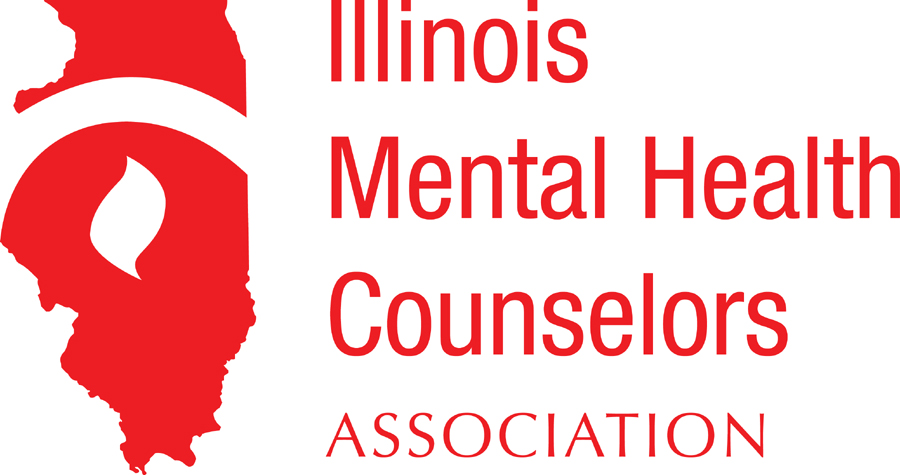IMHCA Members: $50
Non-Members: $65
Presenters: Shedeh Tavakoli, Ph.D., LCPC, CCMHC, ACS
Workshop Description:
This three-hour virtual workshop, "Enhancing Clinical Practice through Trauma-Informed Supervision: A Comprehensive Workshop for Experienced Counselors," is designed for experienced counselors aiming to deepen their supervisory skills through trauma-informed approaches. With the increasing recognition of trauma’s pervasive impact on clients, it is crucial for supervisors to integrate trauma-informed principles into their practice to support both counselors and their clients effectively. This workshop provides a comprehensive overview of trauma-informed supervision, emphasizing the importance of understanding trauma’s impact on the therapeutic relationship and the supervisory process. Participants will engage in interactive lectures, case study analyses, and practical exercises to enhance their ability to provide trauma-sensitive supervision.
Key aspects of trauma-informed supervision covered include creating a safe and supportive supervisory environment, recognizing signs of vicarious trauma and burnout, and employing strategies to foster resilience and well-being among supervisees. The workshop will also delve into the supervisor's developmental stage, level of self-awareness, self-compassion, and ability to manage their own burnout, which are critical components of effective trauma-informed supervision. Understanding the parallel process and managing client projections in supervision will be discussed, incorporating insights from neuroscience and interpersonal neurobiology.
By the end of the workshop, participants will be equipped with a deeper understanding of trauma-informed supervision and practical skills to enhance their supervisory effectiveness. This will ultimately lead to better outcomes for supervisees and their clients, fostering a more supportive and effective therapeutic environment.
Learning Objectives:
- Understand Trauma-Informed Supervision: Describe the principles of trauma-informed supervision and its importance in clinical practice.
- Create a Supportive Environment: Implement strategies to create a safe and supportive supervisory environment for supervisees.
- Recognize Vicarious Trauma and Burnout: Identify symptoms of vicarious trauma and burnout in supervisees and develop strategies to address these issues.
- Apply the AN-CABS Model: Utilize the AN-CABS Model in trauma-informed supervision to support supervisees effectively.
- Foster Resilience: Develop methods to support resilience and well-being in supervisees.
- Self-Awareness and Self-Compassion: Understand the importance of self-awareness, self-compassion, and burnout management in supervisors for effective trauma-informed supervision.
- Manage Client Projections and Parallel Process: Recognize and manage the impact of client projections and parallel processes in supervision.
Zoom

